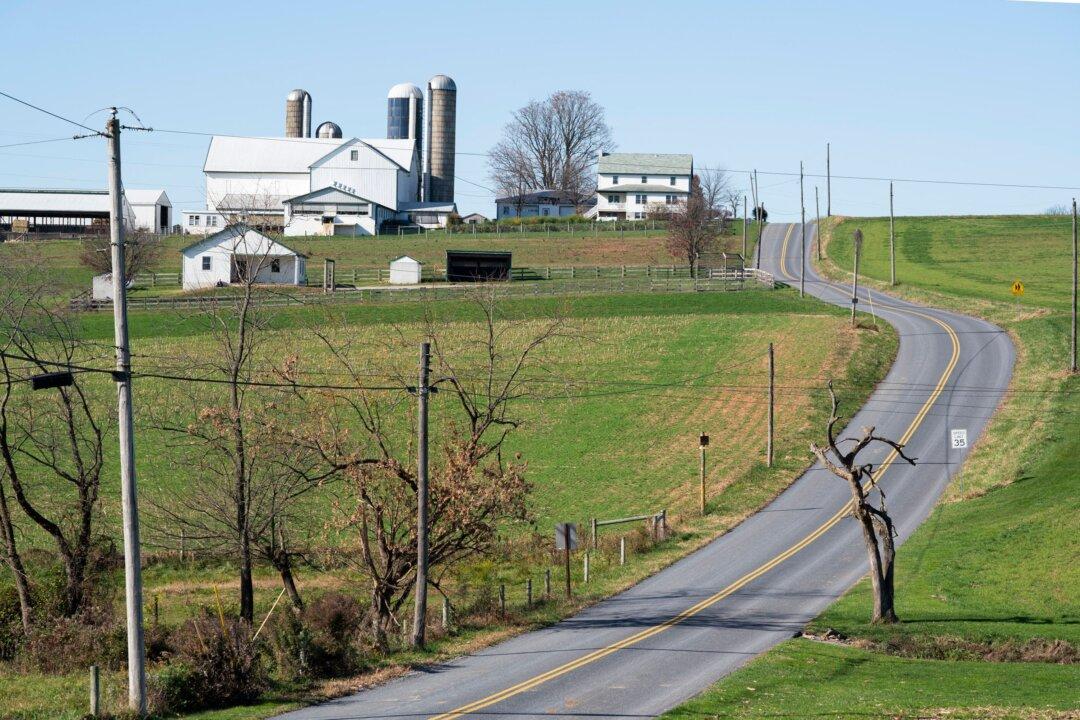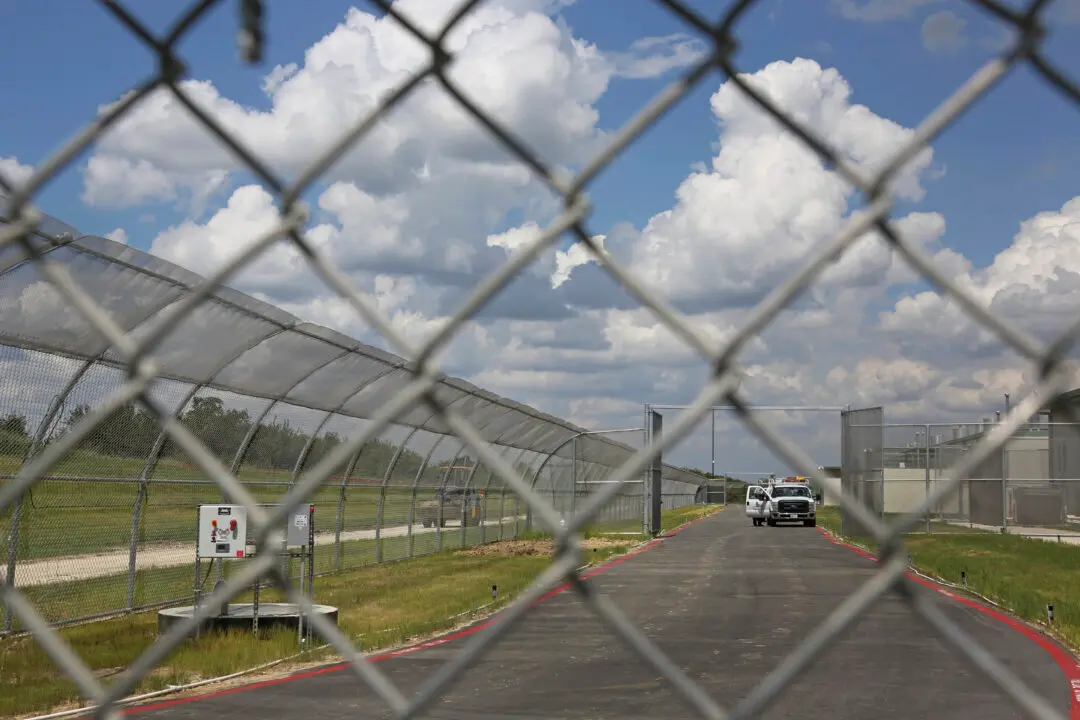The Senate and House that deal with agriculture issues released on May 1 an outline of their proposals ahead of drafting legislation dealing with agriculture, food stamp, and conservation issues.
The House Agriculture Committee and the Senate Agriculture, Nutrition, and Forestry Committee have to markup what is called the “Farm Bill.”





